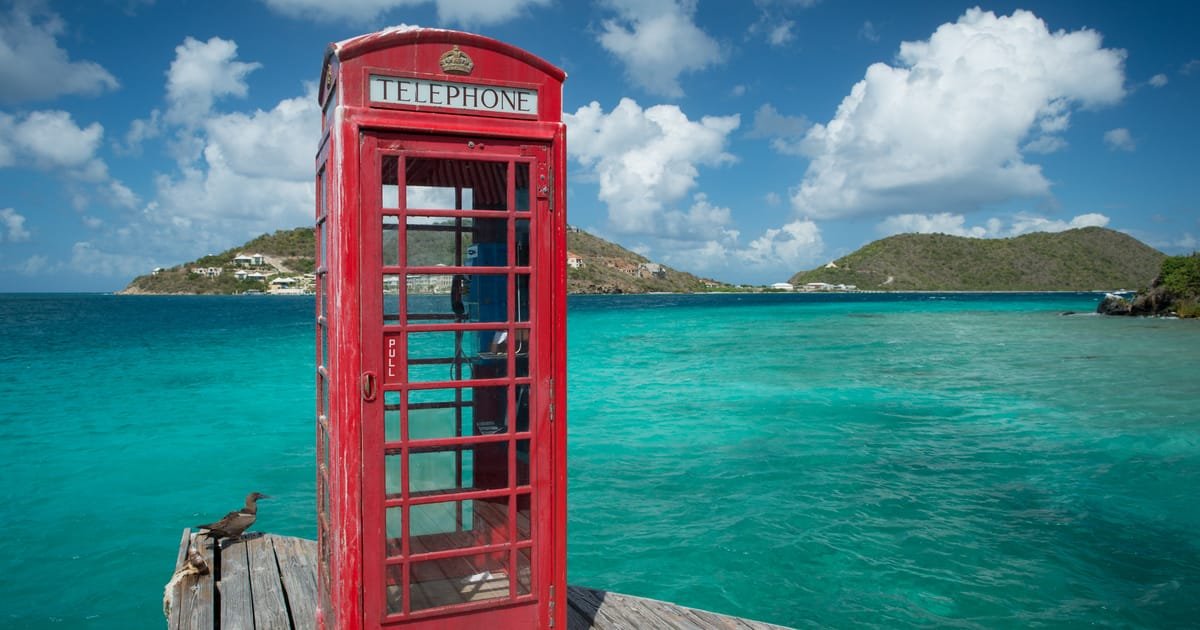Given the removal of Fahie, the British government did not take up this option. Liz Truss, best known as the U.K.’s shortest-serving prime minister, said in her position as foreign secretary at the time that the BVI administration should have the opportunity to implement Hickinbottom’s 48 recommendations before the U.K. stepped in.
But there have been no quick results. Labour, which won a landslide election in July, is now aiming to take on the job, with new foreign minister Lammy pledging action.
In a speech in May, Lammy said the problem of corruption “starts here in London, in the dark corners of Britain’s financial center,” pointing to Britain’s overseas territories as contributors to more than £250 billion worth of economic crime.
Lammy expressed sympathy with the plight of overseas territories as a “son of the Caribbean” — both his parents were Guyanese. But, he said, “it remains the case that three out of four of the offshore jurisdictions with the highest risk of involvement with international corruption are U.K. overseas territories. This is a contradiction that cuts into our credibility. We must be honest about this and we must solve it together.”
But if dirty money props up the economies of overseas territories — company registrations account for 51.4 percent of the BVI’s revenues, according to its government’s website — fixing it opens a financial hole.

The U.K. has a responsibility under the UN Charter to support the political and economic development of overseas territories, particularly those which are not financially self-sufficient.
While it’s unclear whether the U.K. government would offer financial support if revenue from potential financial crime dissipated, the question is why any territory would surrender more than half of its government revenue unless the U.K. gave it a good reason to, or forced it to.
New U.K. Chancellor Rachel Reeves is hardly in the mood for splashing the cash, after warning last month that Britain faced a £22 billion “black hole” from the previous government’s overspending.
Cleaning up Britain’s dirtiest secret
Margaret Hodge, former Labour MP and a prominent critic of illicit finance, criticized the U.K. for its lack of action. The BVI “is supporting evil across the world. It’s a security issue, it’s not just a financial issue. If we’re supporting kleptocrats, facilitating drug money, we’re supporting instability around the world,” she said.
In a statement to POLITICO, the Foreign, Commonwealth and Development Office (FCDO) said: “We have been clear that the overseas territories need to achieve the highest standards of corporate transparency … We are engaging closely with those overseas territories to meet these standards and are actively considering future proposals to increase transparency further.”
The BVI government said: “We are working with the FCDO’s advisers, Open Ownership, on progressing with the implementation of a publicly accessible register of beneficial ownership for those with a legitimate interest in the requested information. We anticipate that the appropriate framework will be in place by mid-2025 as previously agreed with the FCDO.”
As the ball remains firmly in the territories’ court, it will be up to the new British government to decide whether it is willing to take on what could be a very expensive issue when there are pressing problems closer to home.
Andrew Mitchell rejects the financial argument as an excuse. If the BVI loses most of its government revenue because of transparency improvements, he said, then that shows “their economy is dependent upon dirty money.”
“What does that say about our values, our king and our flag?” he asked.





